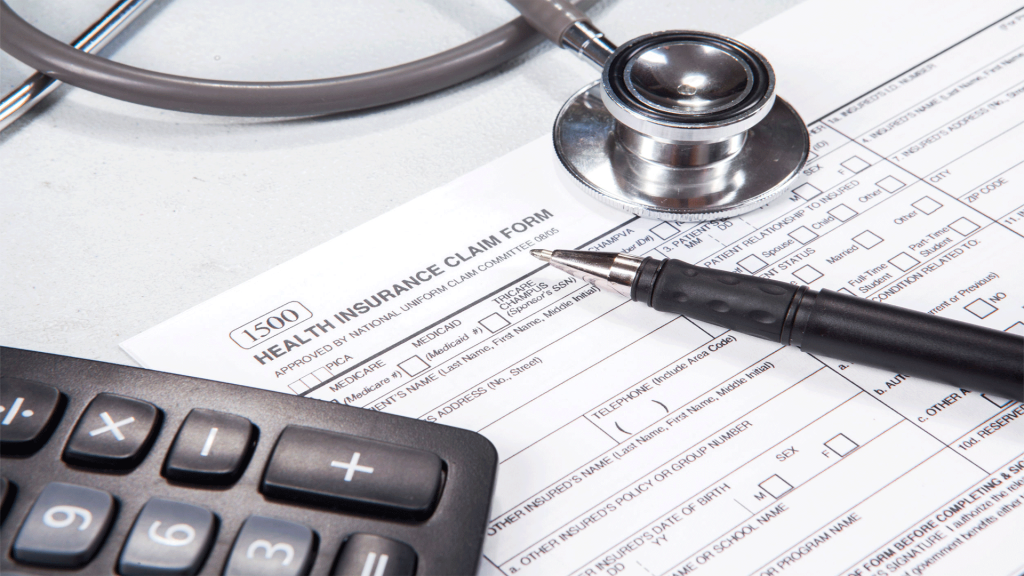**Title: The Ultimate Guide to Medical Billing: Everything You Need to Know About Proper Billing Practices**
**Introduction:**
Medical billing is a critical aspect of the healthcare industry, ensuring that healthcare providers receive payment for the services they render to patients. Proper billing practices are essential to maintaining the financial health of medical practices and ensuring a smooth revenue cycle. In this ultimate guide to medical billing, we will cover everything you need to know about proper billing practices, including key concepts, best practices, benefits, and practical tips.
**Key Concepts of Medical Billing:**
1. **Medical Codes:** Proper coding is essential for medical billing. There are two main coding systems used in medical billing: CPT (Current Procedural Terminology) codes for procedures and services, and ICD-10 (International Classification of Diseases, 10th Revision) codes for diagnoses.
2. **Claim Submission:** Claims are submitted to insurance companies for reimbursement. It is crucial to ensure that claims are accurate, complete, and submitted in a timely manner to avoid payment delays.
3. **Insurance Verification:** Verifying patient insurance coverage is essential to determine the patient’s financial responsibility and ensure accurate billing.
4. **Medical Necessity:** Services provided must be medically necessary to be eligible for reimbursement. It is crucial to document medical necessity to support claims.
5. **Electronic Health Records (EHR):** EHR systems help streamline the billing process by capturing and storing patient information, medical history, and billing details in a digital format.
**Best Practices in Medical Billing:**
1. **Accuracy:** Ensure that all billing information is accurate and up-to-date to prevent claim denials and delays in payment.
2. **Compliance:** Stay up-to-date with healthcare regulations and coding guidelines to avoid compliance issues and potential penalties.
3. **Timeliness:** Submit claims promptly to expedite reimbursement and reduce the risk of denials.
4. **Follow-Up:** Monitor the status of claims and follow up on unpaid or denied claims to resolve issues and maximize revenue.
5. **Patient Communication:** Educate patients about their financial responsibilities, insurance coverage, and billing processes to improve transparency and reduce billing disputes.
**Benefits of Proper Medical Billing Practices:**
1. **Improved Cash Flow:** Proper billing practices lead to faster reimbursement and improved cash flow for medical practices.
2. **Reduced Billing Errors:** Accurate billing reduces the risk of claim denials and payment delays.
3. **Enhanced Compliance:** Following best practices in medical billing ensures compliance with regulations and reduces the risk of audits and penalties.
4. **Increased Productivity:** Efficient billing processes streamline administrative tasks and allow staff to focus on providing quality patient care.
**Practical Tips for Effective Medical Billing:**
1. **Invest in Training:** Provide ongoing training for staff to keep them informed about the latest billing practices and updates.
2. **Utilize Technology:** Implement billing software and EHR systems to streamline billing processes and reduce errors.
3. **Outsource Billing Services:** Consider outsourcing medical billing to professional billing companies to improve efficiency and accuracy.
4. **Monitor Key Performance Indicators (KPIs):** Track metrics such as AR days, claim denial rate, and collection rate to identify areas for improvement.
5. **Stay Informed:** Stay informed about changes in healthcare regulations and billing guidelines to adapt your billing processes accordingly.
**Conclusion:**
Proper medical billing practices are essential for the financial health and success of medical practices. By understanding key concepts, implementing best practices, and leveraging technology, healthcare providers can streamline their billing processes, improve cash flow, and enhance patient satisfaction. Stay informed, stay compliant, and prioritize accuracy in medical billing to maximize revenue and ensure the long-term success of your practice.
this ultimate guide to medical billing provides valuable insights and tips to help you navigate the complex world of medical billing with confidence and efficiency. By following best practices and staying informed, you can optimize your billing processes and achieve sustainable financial success in the healthcare industry.



